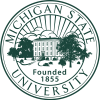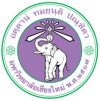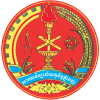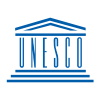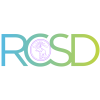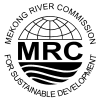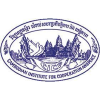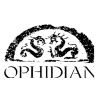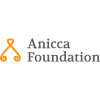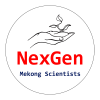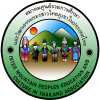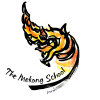About
Mekong Culture WELL (Water, Ecologies, Land, and Livelihoods)
is an interdisciplinary, collaborative project that integrates insights from community partners, artists, activists, storytellers, and experts from the humanities, social sciences, and STEM to understand and address the ecological, social, and cultural transformations taking place across the Lower Mekong River Basin.
The Mekong River extends roughly 5000 kilometers (2,700 miles) from the Tibetan Plateau, down through Southwestern China, Myanmar (Burma), Laos, Thailand, Cambodia, and out through the dynamic and vast delta of Vietnam. One of the most biodiverse and productive rivers in the world, the Mekong has sustained and nourished communities for countless generations. Its immense abundance provides rice, fish, and a wide variety of other foods to and across the global food system. The river is more than a critical source of food, however. For millions of people and communities across the Lower Mekong River Basin, the river has variably served as a home to sacred and powerful spirits, a place to gather and honor tradition, a sanctuary against violence, an imposing international border, and a wellspring of imagining collective and individual futures for the region.
Pollution, climate change, rapid construction of hydropower dams, and water-grabbing along the Mekong and its many tributaries are threatening the vitality of the river, its fisheries, and the communities who live with, and depend on, its pulse and flows. Declining fisheries, loss of livelihoods, land theft, and displacement are the hallmark ‘costs’ of economic development—costs that are calculated and weighed in places and in ways that often exclude the people most impacted by these transformations. Within this highly unequal landscape of power, states upstream possess disproportionate control over the management, flow, and future of the river.
Forging an inclusive future of freshwater justice in the Mekong region requires interdisciplinary collaboration, which privileges the expertise, concerns, and rights of communities.
At Mekong Culture WELL, we endeavor to:
1. Integrate the perspectives of local communities, social science, humanities, and STEM to demonstrate linked changes in the cultural, socio-economic, and biophysical landscapes of the Lower Mekong River Basin.
2. Promote a new model of SEA studies that brings interdisciplinary engagement and justice lenses to conventional water, energy, and food (WEF) concerns in the region.
3. Provide a digital platform and tools to facilitate meaningful dialogue among diverse collaborators.
4. Expand undergraduate and graduate opportunities at both MSU and partner institutions to study, research, and engage with water and food justice issues in Southeast Asia.
5. Extend and enrich MSU's collaborations with partners in Southeast Asia - including scholars, artists, activists, local communities, and UNESCO to amplify community and activist voices in river governance discourse.
Where We Work
Our Partners
The Mekong WELL Project extends our deepest gratitude to all of our partners for their unwavering support and dedication to our collective efforts. All of our partners have been instrumental in the success of our initiatives, and it is through collaboration that we are able to produce locally and globally meaningful projects and novel data together with the communities we serve. Your expertise, resources, and commitment to our shared vision have been invaluable - thank you for being an integral part of this journey!
The Mekong Culture WELL project is generously funded by the Henry Luce Foundation.

